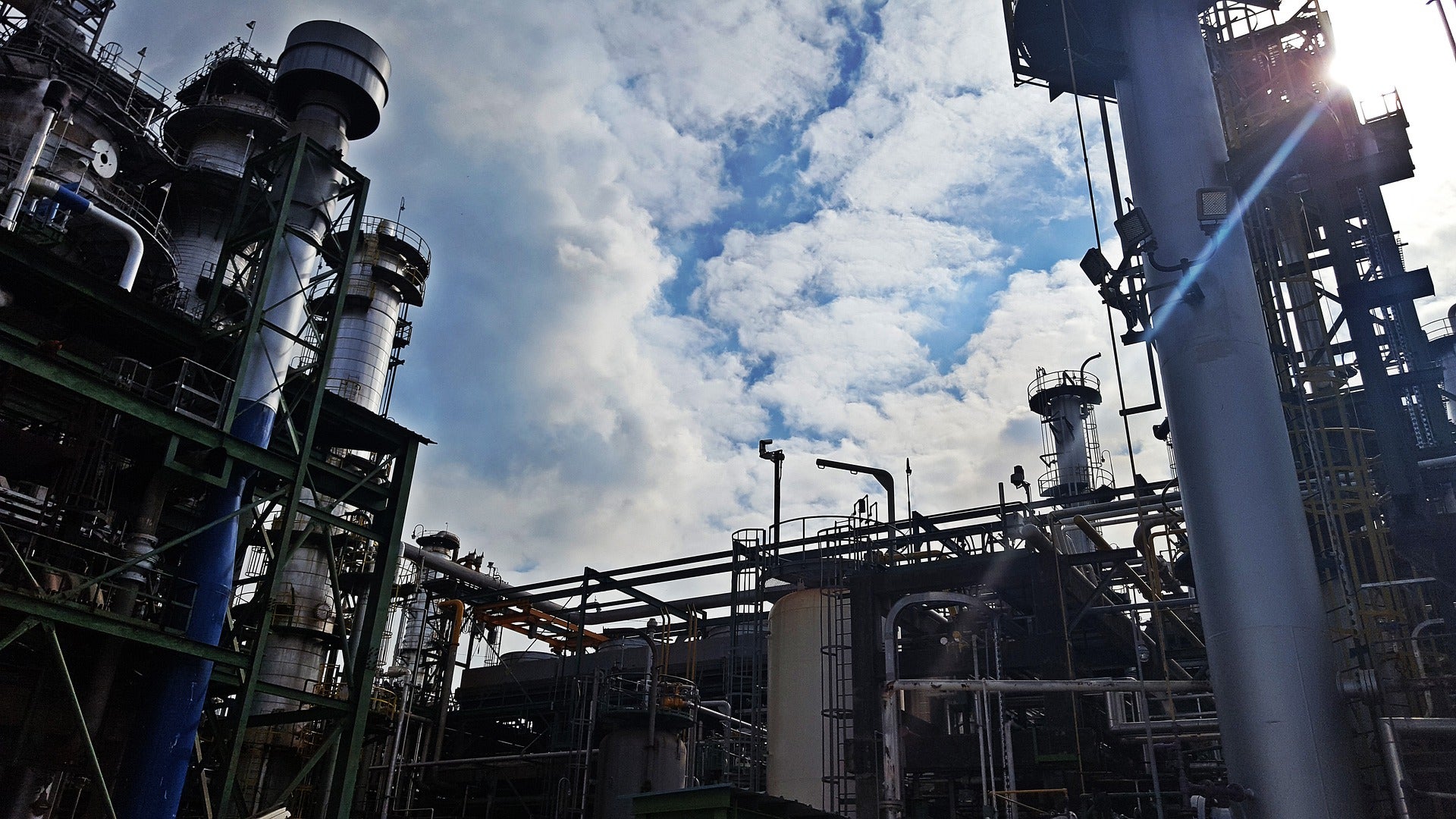
Maire Tecnimont has signed a contract to construct a vacuum gasoil hydrocracking (VGO) complex at the Ryazan Refining Company (RORC) production site, in Russia.
The contract, worth approximately €1.1bn ($1.23bn) excluding Russian VAT, was awarded by RORC parent firm Rosneft, to Maire Tecnimont’s subsidiaries Tecnimont and MT Russia.

Discover B2B Marketing That Performs
Combine business intelligence and editorial excellence to reach engaged professionals across 36 leading media platforms.
With an annual capacity of 2.2 million tonnes, the new complex is expected to help RORC in increasing conversion rates and refining margins.
The new unit will enable the conversion of dark petroleum products into class five light commercial petroleum products such as gasoline, kerosene, and diesel fuel.
The new complex will comprise hydrocracking units, hydrogen production units, sulphur recovery units, and offsite facilities.
Maire Tecnimont Group CEO Pierroberto Folgiero said: “We are excited to start this strategic relationship with a leading player such as Rosneft, supporting its vision for the development of the region’s value chain through technological downstream initiatives.”

US Tariffs are shifting - will you react or anticipate?
Don’t let policy changes catch you off guard. Stay proactive with real-time data and expert analysis.
By GlobalDataRosneft said that the investment in the new project involves design work, supplying equipment and materials, construction, start-up and pre-commissioning, and finance services for the project.
MT Russia will undertake a significant portion of the work in its Moscow engineering centre.
The project is subject to financial closing and other conditions. The duration of the project works will be confirmed once the preceding conditions are met.
As one of the largest refineries in Russia, the RORC primarily produces motor gasoline, diesel fuel, aviation kerosene, and road and construction bitumen, among others.
Rosneft is now working to upgrade its refineries. The company has invested RUR900bn ($11.45bn) to date in the programme.
Last month, the Russian firm announced a strategy to reach net-zero emissions by 2050.





